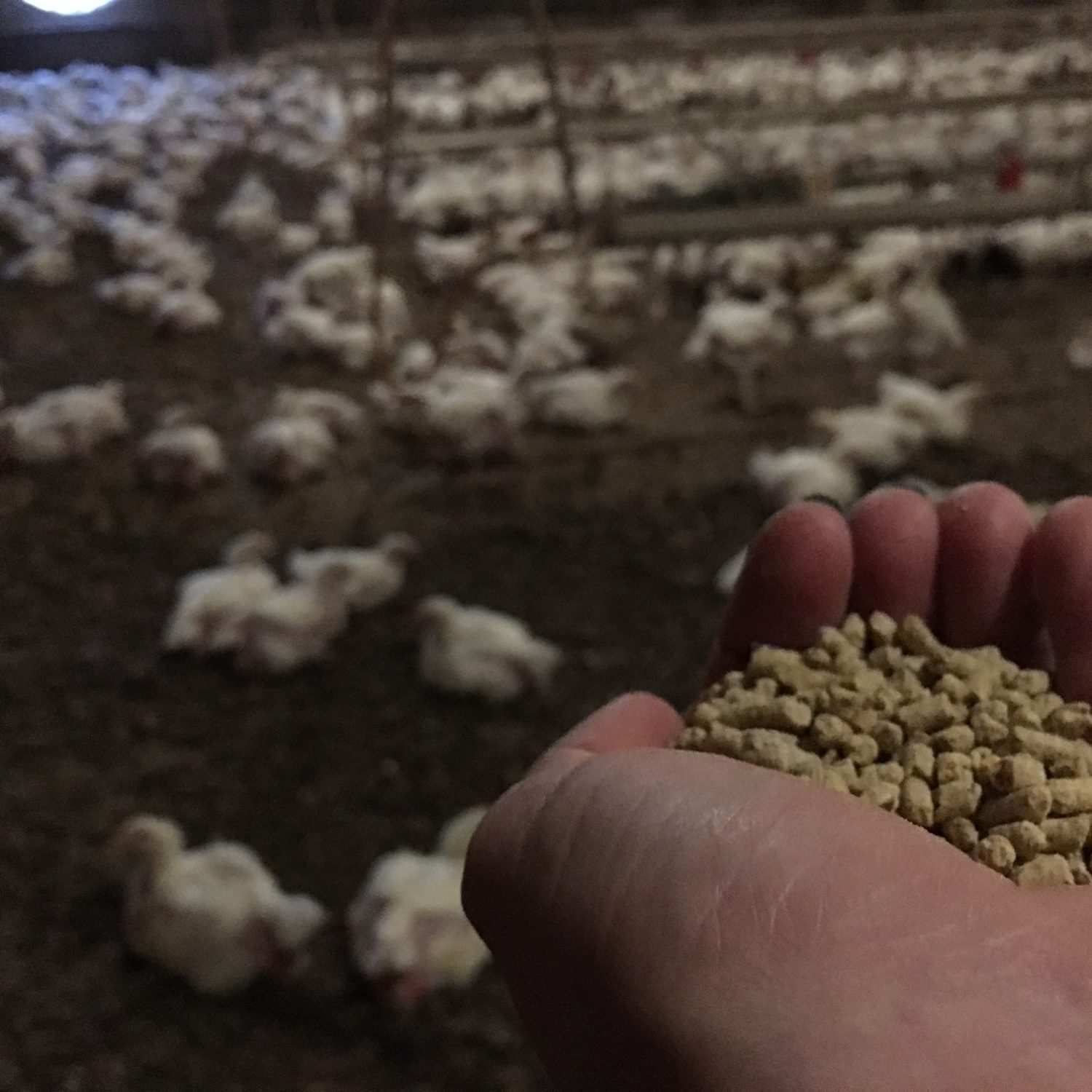I hope this posting doesn’t ignite a storm of off-topic banter or generate any hard feelings; I only post it because this resource simplified and expedited my preparedness efforts. I haven’t reviewed all 28 pages of posting to see if it’s been mentioned yet, so didn’t see it talked about This is a little known resource for people looking to build an inventory of basic food items, and hence advancing their level of preparedness. I have no affiliation with this organization other than being a retail customer of theirs. I recommend their food storage products based on considerable personal use.
I live in New Hampshire and stumbled onto whats known as the Bishops Warehouse and LDS Pantry in Worcester, MA. It is run by the Latter Day Saints (The Mormons). Again, this is not a religious comment or endorsement of the church In any way. This is about The LDS Pantry, which is open to public. This LDS warehouse sells #10 cans of basic food commodities, packed in cases of six cans. They have about (20) different items ranging from dried beans, dehydrated apple slices, flour, pasta, rice, sugar, potato flakes…and more. I will specifically mention that the pricing is the best I’ve found when comparing to the big-box and warehouse guys. You’re not buying these products at premium prices like most prepper retailers. They even held their pricing as Covid raged-on.
They run these facilities throughout the US…so just check their website for a location near you. If one isn’t close enough, they also ship cases for a very reasonable price. I generally drive down directly and fill up my station wagon with about 30 cases at a time. I have also borrowed a friends PU to buy two pallets of cases when I orchestrated a group purchase.
The Worcester store is only open “to public” one day a week, so check the details before driving to one. The products due have some seasonal variations, and sometimes are out of stock. Please look at the order form for a current list of products and prices. I’ve personally tried all of their bulk products, and risk divorce if I bring any more home! Almost everything has a 30 year storage life if your basement is cool. At some point, I’m sure we’ll make a decision to either raise some pigs on the aging food-stores…or rotate and donate as they age.
About the only product I didn’t care for…was their pancake mix. My wife and I are both foodies….so a basic pancake mix is philosophically too much to endure, even during a pandemic or TEOTWAWKI. I will say that we use their canned flour to make our own recipe…but not the mix. The cases that we bought during the early days of Covid…I just donated to a local food pantry. Everything else continues to multiply in our basement…when my wife isn’t home of course.
Remember to take a strategic approach to accumulating a long term food supply. Now that the covid-panic has subsided a bit, you have time plan appropriately. Our objective was to engineer two years of self sufficiently for our family of four at a rate of 2000kcal/person/day.…plus 20% for barter. I’ll note that we also have chickens, greenhouse and garden space, and provisions for other small livestock (Pasture Pigs) when the time comes. GLTA…
Home Food Storage order form: https://providentliving.churchofjesuschrist.org/bc/providentliving/content/Home-Storage-Center/2023 Home Storage Order Form USA-Locked.pdf
LDS Storage Centers & Locations:
https://providentliving.churchofjes...ge/home-storage-center-locations-map?lang=eng
That is a great rundown on a good basic, cheap resource.
That being said, I've been in the survival preparedness type thing for 40+ years and if you do this long enough you change your plan a lot from what most newer folks do.
First off on the above links, they have some decent stuff, BUT it's all pretty much just basic carbs and a bit of sugars (non-fat milk is pretty much worthless, it's what you feed pigs with the scraps). You are going to need lots of other stuff with proteins, fats and nutrients.
If you are going to be surviving, chances are you will be working hard, a diet of mostly heavy carbs isn't going to be nice to try to live on, you'll want a lot of protein and fat and vegetables and fruits to go with that.
In the 40+ years I've been into "survival food" including back when we were preparing to ride out the imminent nuclear winter, I've never once seen "the end of the world" or "the end of civilization" come up and as much as everybody threatens it, I'm going with, don't count on it.
What I have however lived through several times is situations where due to acts of nature or acts of man, going shopping for supplies was not an option for a couple days, for a week, for a month etc. Or lots of times recently when due to panics, the stores were simply pretty bare of anything you wanted to buy and tough luck on that. Or when temporary price spikes made you really not want to buy stuff.
BEFORE you go out and spend money on a bunch of "long term emergency food" that will probably take up space in your house until it expires and you have to throw it away (I'm about to have to ditch a pallet worth of stuff that is finally nearing it's expiration date after a couple decades in storage). Take a practical look at things.
Figure out what you actually eat every day, each week as part of your normal routine.
Then buy extras of everything and slowly build up to where you have a month or two stockpile of just your everyday stuff that you buy to eat and cook with (except fresh vegetables). Then make a simple numbering system to scribble on each item as you put it in the pantry and always stock back to front.
If you use a sack of rice every month or two, eventually have 2 or 3 sacks in the pantry etc.
Cheese and eggs usually last at least a month so make sure your fridge has close to a month supply in it.
Milk usually lasts a couple weeks, so have a decent stock if you use it.
Make sure to always be using the oldest one first.
With your meat, (assuming you aren't too crazy of a foodie and are happy with frozen meats like the rest of us), that can easily keep for 6 months or more, get a small freezer and start buying up meats when they are on sale, put them in freezer bags and store them in the freezer. Open that freezer once a week to restock your fridge freezer with the meat for the week and to put in the new meat you bought that week.
Invest in a nice quiet little Honda generator that is enough to power your fridge and freezer, and maybe a couple lights or fans as well.
Go buy the really good metal gasoline cans (the ones that are like $90 each), find out where the closest place that sells ethanol free gasoline is and buy some Stabilizer, then fill them up and once a year rotate them into your vehicles and refill. Don't go overboard because you'll find after year 1 or 2 that trying to rotate vast quantities is a pain in the ass. If you have 10 of the 5 gallon cans you probably have plenty.
If you have a grill, get a couple spare propane tanks for it and rotate through them.
Properly stored, fruits like apples and oranges will last almost a month, Potatoes and carrots last much longer, other vegetables may have a week or 2 shelf life or fridge life, so keep a stock of whatever fruit and vegetables you eat, to the extent that you easily use it all before it starts to turn.
Have a month or two worth of toilet paper, paper towels, cleaning products, household stuff, pet food, pet supplies, soaps, deodorants and all the stuff you normally buy. Have plenty of spare batteries for everything, but not too many to where you will be throwing them out in 10 years.
Bandaids, meds, asprins and common daily use supplies like that.
Have a couple big USB battery banks that you keep charged up so you can always charge your phones, tablets and laptops if the power is out.
Have enough guns and ammo that everybody in your family able to use one has a MSR they can operate easily and a pistol that works for them and 5 to 10 magazines for each and a couple hundred rounds for each.
Get a couple water filtration systems of different sizes, you don't need to spend a lot.
Buy some 5 gallon water storage jugs, but leave them empty usually (everybody knows to fill them if anything looks sketchy)
Buy some bottled water of whatever brand you like and store like a month's worth + a bit extra for cooking and rotate through it.
The above will get you through 90% of the situations you are likely to encounter in life.
In addition, you won't be loosing any money, as it's all stuff you will be using in your daily life and rotating through, so it never goes bad and once you have it setup, it costs no more to maintain than your normal weekly shopping budget. It also doesn't have to be done at once, so if your budget is tight, well you just slowly buy a few extra things at the store each week and build up your stocks as money permits.
THEN and only then, would I suggest you start worrying about stockpiling all the "long term survival food" for the end of the world & all the rest of the endlessly expensive preparedness stuff, most of which you will never use.
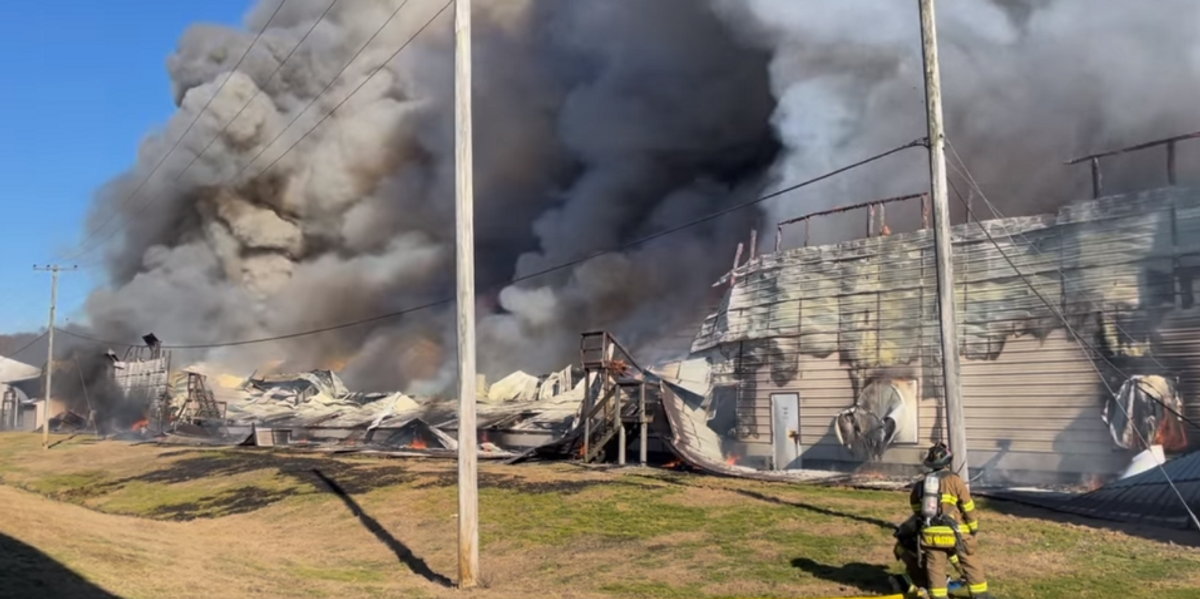
 www.theblaze.com
www.theblaze.com


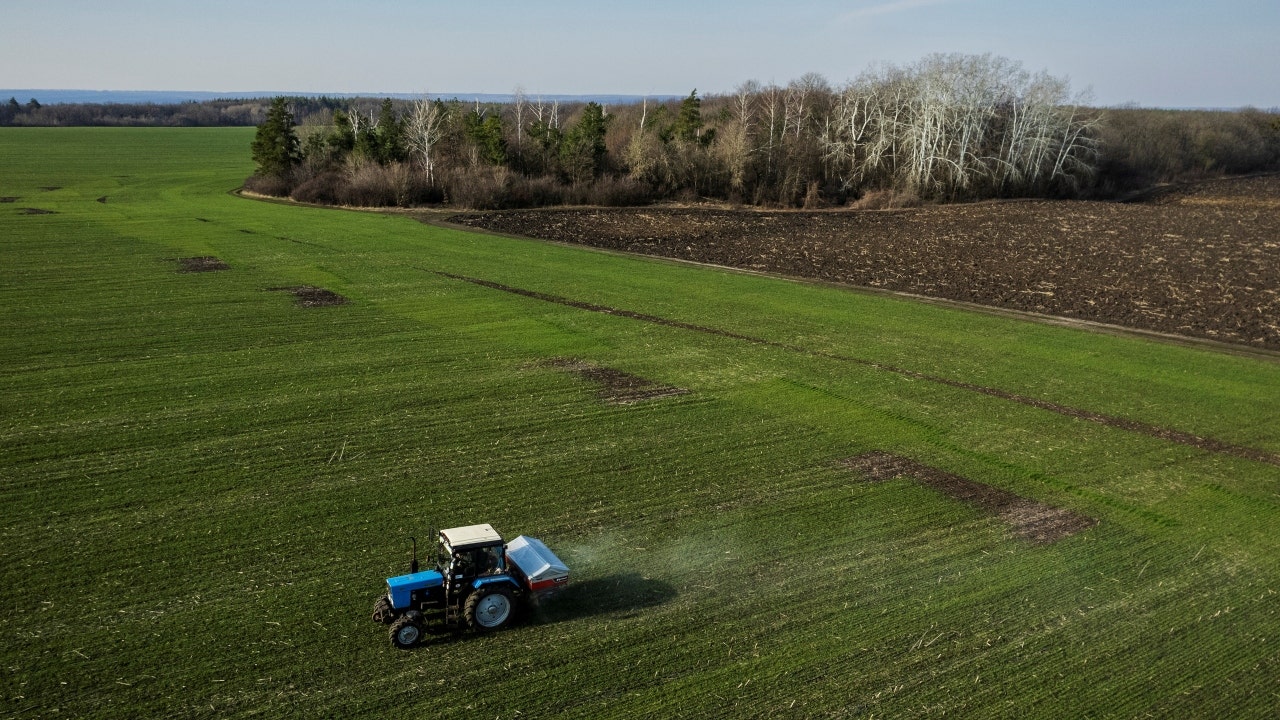
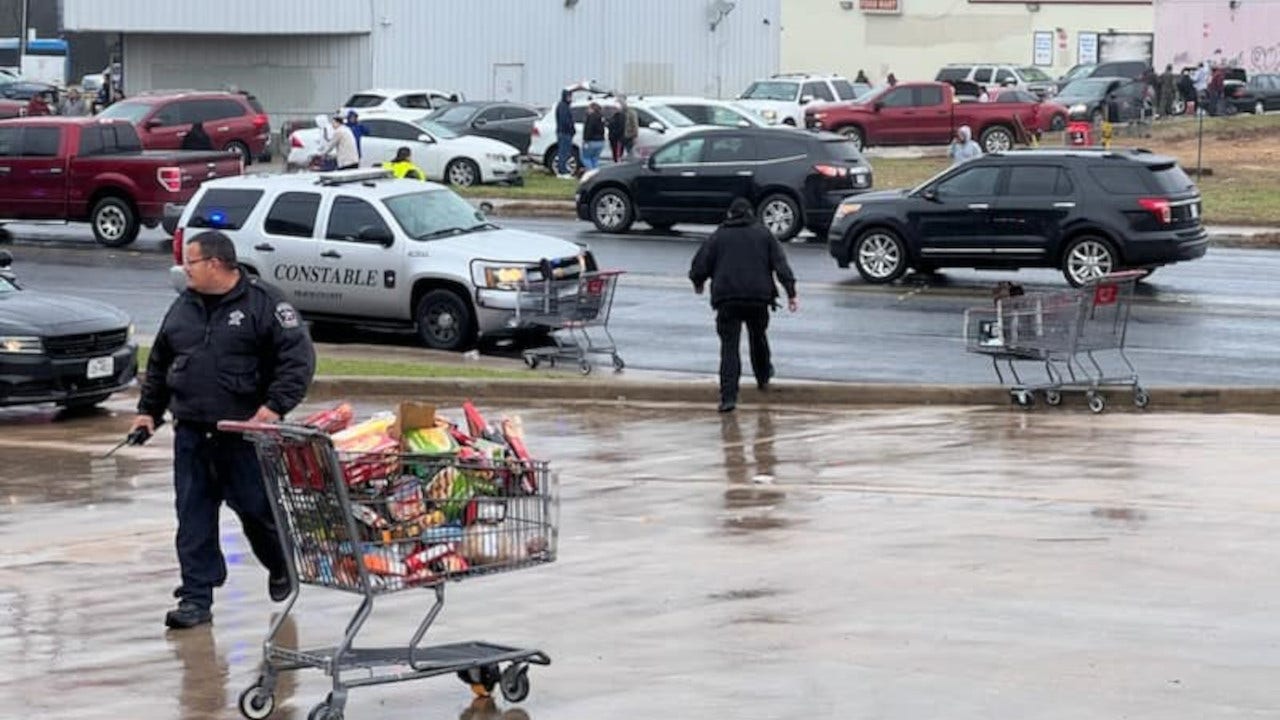
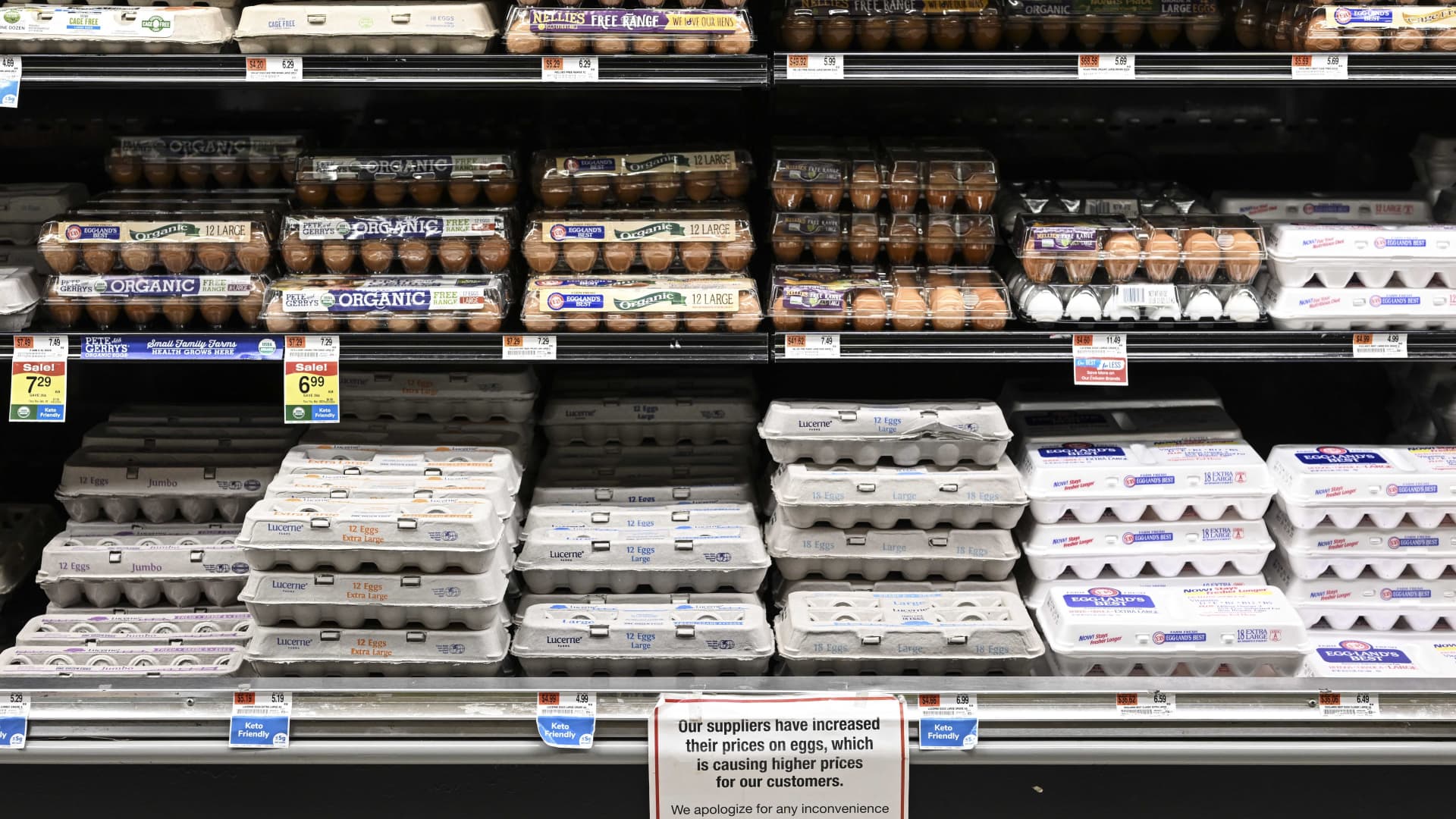




/cloudfront-us-east-2.images.arcpublishing.com/reuters/HIR6DXRGZ5MM3CLASYDK7Z7HTY.jpg)
/cloudfront-us-east-2.images.arcpublishing.com/reuters/HNNHNGHS5RJBHDGXQ7WRIUSEE4.jpg)
